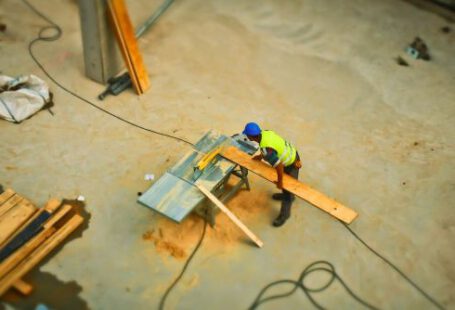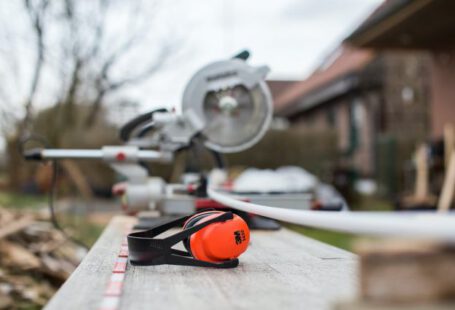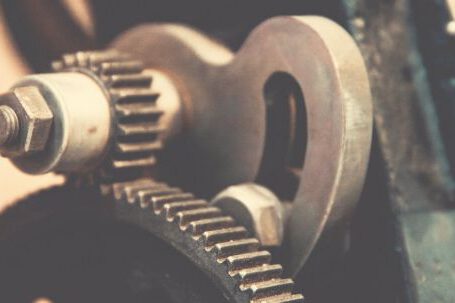The modern construction industry is becoming more and more dependent on technology, and the use of artificial intelligence (AI) is becoming increasingly important in optimizing the performance of construction equipment. As the industry continues to develop, so too does the potential for AI to revolutionize the construction process.
AI technology has the potential to make construction equipment more efficient, reliable, and cost-effective. With AI, construction equipment can be programmed to optimize performance and reduce downtime. This can lead to significant cost savings for the construction company, as well as improved safety for workers.
In order to maximize the potential of AI in optimizing construction equipment performance, it is important to understand the various aspects of AI and how they can be used. AI is a broad term that encompasses a variety of technologies such as machine learning, natural language processing, and computer vision. Each of these technologies can be used in different ways to optimize construction equipment performance.
Machine Learning
The most common application of AI in optimizing construction equipment performance is through the use of machine learning. Machine learning algorithms are used to analyze data from construction sites and identify patterns that can be used to improve the performance of construction equipment. For example, machine learning algorithms can be used to identify patterns in the data that indicate which parts of a construction site are most vulnerable to damage or inefficiency. With this information, the construction company can make adjustments to the equipment to ensure that it is operating at its peak performance.
Natural Language Processing
Natural language processing (NLP) is another form of AI that can be used to optimize construction equipment performance. NLP algorithms can be used to analyze text data from construction sites and identify potential problems. For example, NLP algorithms can be used to identify safety issues, such as incomplete or incorrect instructions, that could lead to accidents or delays in the construction process. By using NLP algorithms, construction companies can quickly identify and address potential issues before they become major problems.
Computer Vision
Computer vision is a form of AI that is becoming increasingly important in the construction industry. Computer vision algorithms can be used to detect potential problems in construction sites, such as cracks in concrete or other structural issues. With this information, construction companies can quickly identify and address potential issues before they become major problems.
Benefits of AI in Construction
The use of AI in construction offers a number of benefits. The use of AI can help to reduce costs by increasing the efficiency of construction equipment and reducing the amount of time required to complete construction projects. Additionally, AI can help to improve safety by detecting potential hazards and making adjustments to construction equipment to reduce the risk of accidents. Finally, AI can help to improve the accuracy of construction data, leading to more accurate estimates and a smoother construction process.
Challenges of AI in Construction
While AI has a number of potential benefits in the construction industry, there are also a number of challenges that must be addressed. For example, AI algorithms can be expensive to develop and maintain, and the data needed to train these algorithms can be difficult to obtain. Additionally, AI algorithms can be difficult to interpret and can lead to inaccurate results if not used properly.
Conclusion
AI has the potential to revolutionize the construction industry by optimizing the performance of construction equipment. By utilizing machine learning, natural language processing, and computer vision algorithms, construction companies can improve the efficiency of their operations and reduce costs. However, AI also presents a number of challenges that must be addressed in order to ensure that the technology is used properly and effectively.






